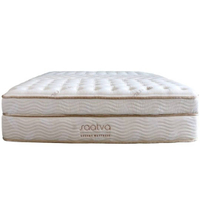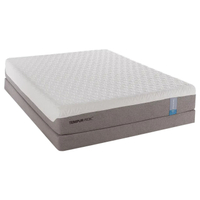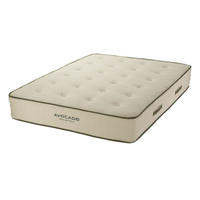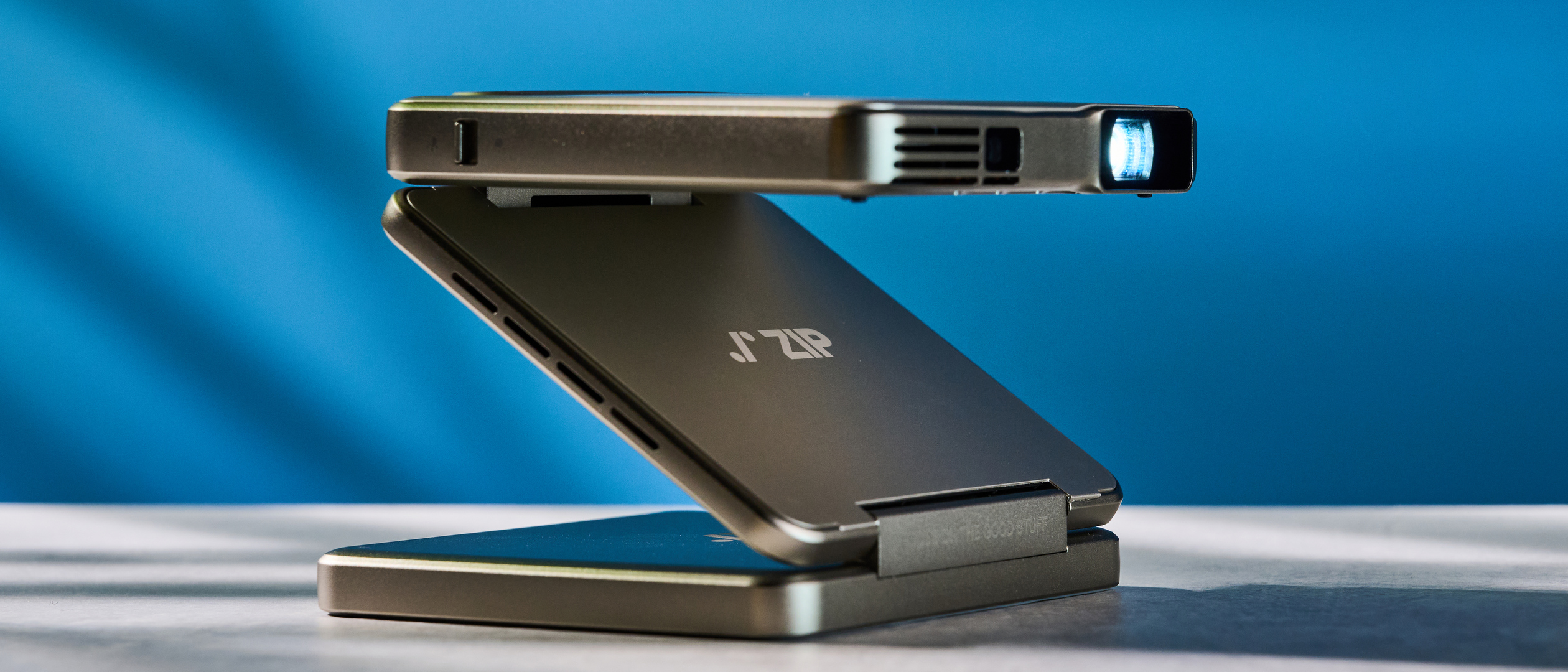How to choose a mattress when shopping online – 5 tips from a bed-in-a-box expert
I test boxed mattresses for a living and these are my pro tips for how to choose the right bed online

How to choose a mattress that suits your sleep needs, body and budget can seem like a juggling act. It might seem even harder when shopping online as you’re unable to sit and lie on the mattress first.
However, identifying your personal sleep style will help you easily choose the best mattress for your needs. I should know – I’ve been reviewing boxed beds for years. Here I’m sharing my top five tips for how to choose a mattress that suits all of your needs, plus I’ll reveal some of my favorite beds that are on sale right now.
We’re coming up to one of the best times to buy a mattress too thanks to the Presidents’ Day mattress sales arriving in February. Ready to sleep better? Then here’s how to choose a mattress when shopping online…
How to choose a mattress when shopping online – 5 pro tips
1. Identify your sleeping style
Unless you’re a combi sleeper – someone who sleeps in any and every position they find comfortable – you will have a dominant sleeping position. I’m a side sleeper, so harder mattresses with little contouring or sink-in comfort to hug my shoulders and hips are a nightmare for me.
Identifying your personal sleeping style is a crucial step when learning how to choose a mattress. Here’s what I recommend based on my experience of testing the best mattresses in a box:
Side sleepers – If you are of average weight or a bit lighter, I’d recommend a medium-firm memory foam mattress. This will offer a good balance of huggable comfort and pressure relief, with your side sleeping pressure points (hips, shoulders and knees) sinking in a touch. If you’re much lighter, choose a plush or soft all-foam mattress. If you weigh over 250lbs, I’d recommend either a firm foam bed or a hybrid mattress (coils and foam) to add in more support and durability.
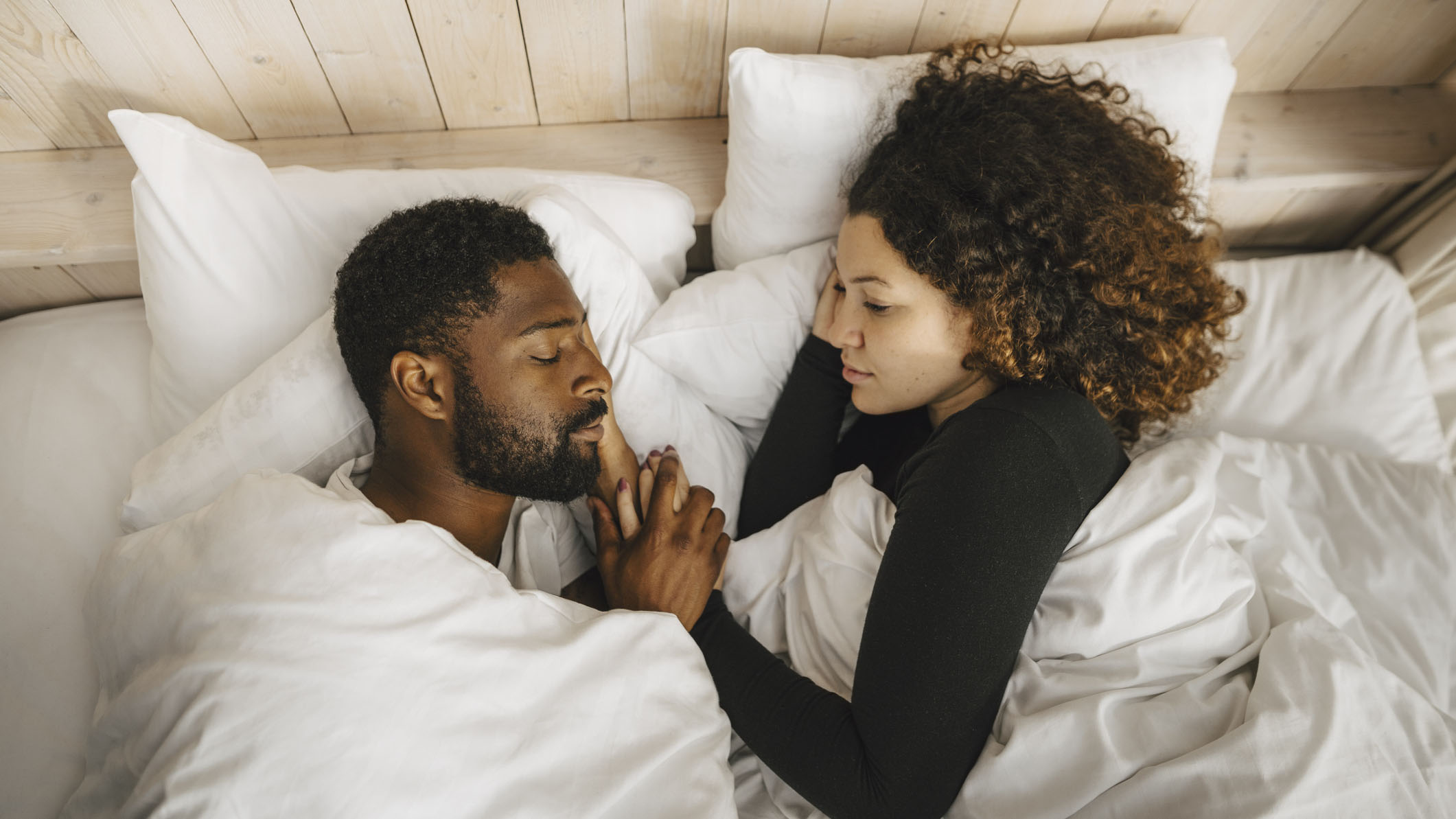
Back and stomach sleepers – I’ve grouped you together because your sleep needs will largely be the same. Choose a medium-firm hybrid mattress or a medium-firm to firm all-foam mattress. You need a firmer bed to keep your body on top of the mattress in a healthy spinal alignment. Without that support you risk long-term lower back pain.
Combi sleepers – You’ll be led more by your body weight than sleeping position here, so choose a softer mattress if you’re very light, or medium-firm to firm if you’re heavier. For people who weigh between 150 and 240lbs, a medium firm mattress is ideal.
Sign up to get the BEST of Tom's Guide direct to your inbox.
Get instant access to breaking news, the hottest reviews, great deals and helpful tips.
2. Get to know your body and what it needs
Now that we know how to choose a mattress for your sleeping position and body weight, it’s time to look at your other sleep needs. This involves thinking about all the challenges you face when it comes to sleep and how a good mattress could reduce them.
For example, if you sleep hot or deal with night sweats or hot flashes, then I’d recommend choosing the best cooling mattress for your sleeping style and budget. Here are some other example sleep issues and how to choose a mattress that resolves or reduces them:
You sleep with a snorer – Choose a mattress that’s compatible with an adjustable mattress, as your partner can sleep at an incline to reduce their chances of snoring.
You have back pain – I highly recommend investing in one of the best hybrid mattresses (foam and coils) designed with good lumbar support and excellent pressure relief. Don’t fall into the ‘hard beds’ trap either, as firm beds aren’t always best here. In fact, medium-firm mattresses are now recommended by chiropractors.

You share with a restless sleeper – Pick a mattress with excellent motion isolation and save yourself from broken sleep. Memory foam beds are best here, as these big, dense slabs of foam pretty much eliminate the transfer of motion from one side of the bed to the other.
You’re pregnant with hip pain – This was my life during the second and third trimester of my pregnancy. I recommend a medium-firm hybrid with great contouring comfort to reduce pressure on your hips but to also give you enough support to make getting in and out of bed easier with a baby bump.
While it’s tempting to choose a memory foam mattress to get that pain-relieving hugging sensation, you may get wedged. As a compromise, team a hybrid bed with one of the best mattress toppers made of soft foam.
3. Know what mattress size you need
This sounds obvious, but you’d be surprised at how many times I get asked about the benefits of different mattress sizes. So here’s a quick run-down to help you choose:
Twin mattresses (39x75”) – Ideal for children and teens, plus adults with small sleeping spaces
Twin XL mattresses (39x80”) – Longer than a twin, these are perfect for teens, college students and adults who want to share a bedroom but not the same bed.
Full mattresses (54x75”) – A good choice for solo sleepers who want more space than a twin but without having to shell out for a queen size.
Queen mattresses (60x80”) – I recommend this bed size to couples who enjoy the intimacy of cuddling while bedsharing.
King mattresses (76x80”) – If you share with a partner and you both love having space to spread out and move between sleeping positions, choose a king bed as a queen will be too narrow for you.
Cal king mattresses (72x84) – Very tall sleepers who bedshare or who need maximum space to spread out when sleeping alone are better off with a Cal king bed. These are narrower than a king mattress but 4” longer.
4. Always look for a deal on your chosen mattress
With so many great monthly mattress sales to shop, there’s rarely any need to pay full MSRP on any online mattress. I cover mattress sales and deals as part of my job and what I see is a lot of leading sleep brands offering evergreen discounts month in, month out.

For example, Saatva, Nectar Sleep, Purple, Casper, Nolah Sleep, Layla Sleep, Leesa, DreamCloud and Helix Sleep run constant sales. These range from 10% off up to a whopping 50%.
The average cost of a queen size mattress is roughly $1,000, but there is a lot of variation on either side. For example, our favorite affordable hotel-style mattress, The DreamCloud costs $799 for a queen in the DreamCloud mattress sales. Our top-rated bed, the Saatva Classic (read our Saatva Classic mattress review to learn why) costs $1,696 for a queen size in the Saatva mattress sale.
5. Only buy a mattress online if has a trial period
This is my number one golden rule for any person buying a mattress online vs in store. Because you can’t walk into a mattress showroom and sit on the bed, lie on it and generally get hands-on before spending money, it’s vital that you pick a mattress that offers a sleep trial. The exception to this rule is final sale items.
Most boxed mattresses and more traditional-style mattresses sold online will come on a trial. That means you’ll have a specific period of time to test it at home to make sure it’s the right choice for you. If within that trial period you decide that it isn’t the mattress for you, you can return it to the brand for a refund or exchange.
Some brands, like Saatva, charge a $99 return or exchange fee, while the majority offer free returns. Saatva, however, like Nectar Sleep, Emma Sleep, Avocado Green and DreamCloud Sleep offer a 365-night trial. I recommend a mattress trial period of at least 30 consecutive nights as that is how long (on average) it takes your body to get used to a new mattress.
The 3 best online mattress sales to shop today
1. Saatva Classic: from $1,295 $1,095 at Saatva
This handcrafted innerspring hybrid is our top pick for every sleeper, especially those seeking luxury hotel comfort at home. The Saatva Classic is regularly priced at around $1,696 (was $1,995) for a queen size, which is very competitive for a bed of this quality. It comes on a 365-night trial, with free premium shipping and old mattress removal, plus a lifetime warranty.
2. Tempur-Cloud Prima: from $1,699 $1,189 at Tempur-Pedic
If you’re new to Tempur-Pedic mattresses and want a taste of the brand’s famous pressure relieving NASA-developed foam for less, this is a superb offer. The Tempur-Cloud Prima is a great mattress for side sleepers thanks to its softer feel, with oodles of cushioning comfort to relieve joint pain too. This is a final sale model though, so there is no sleep trial or returns but you will get a 10-year warranty. A queen is down to $1,399 (was $1,999) with this new Tempur-Pedic mattress deal, saving you nearly $600.
3. Avocado Green Mattress: from $1,399 $1,199 at Avocado Mattress
If you’re shopping for one of the best organic mattresses in the sales, you’re in luck as the Avocado Green Mattress is $200 off in every size. A queen still costs $1,799, which is still expensive, but this is a fully certified organic mattress that's breathable, supportive and a great choice for back pain relief, just like the Saatva. This month’s Avocado mattress deals are the best discounts we’ve seen in a while on the smaller size beds, so now is a great time to buy. You’ll get a year’s sleep trial, free shipping and a 25-year warranty.

Claire is a qualified journalist and Certified Sleep Science Coach with over 16 years’ product review experience, and who is connected to a wealth of globally renowned sleep experts including mattress designers and buyers, neuroscientists, and doctors of sleep medicine. Claire is responsible for all mattress and sleep content published on Tom’s Guide and is our expert on Saatva, DreamCloud, and Nectar mattresses. Claire is also certified to advise people on how to choose a mattress that suits their needs and budget, as well as helping them to create a nighttime routine and bedroom environment that helps them sleep better. As our Senior Sleep and Mattress Editor, Claire oversees our rigorous testing procedures for our mattress reviews, while leading our team of specialist reviewers and writers who report on all the latest sleep products.
